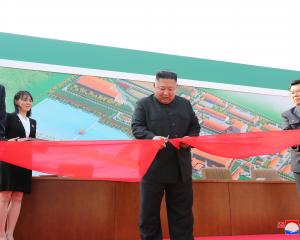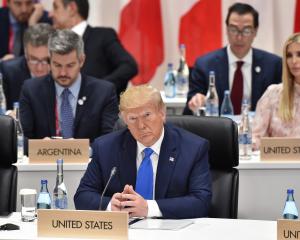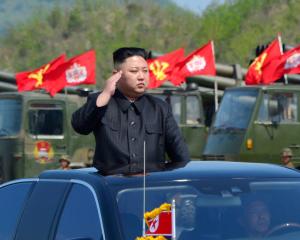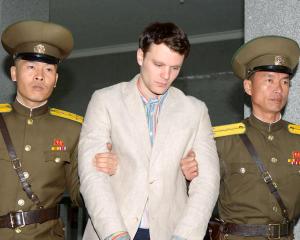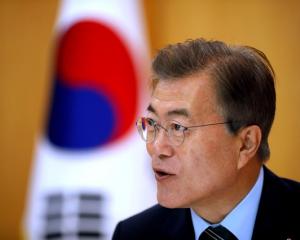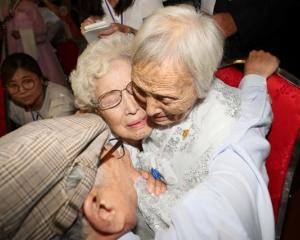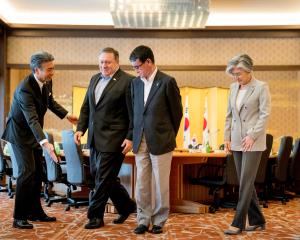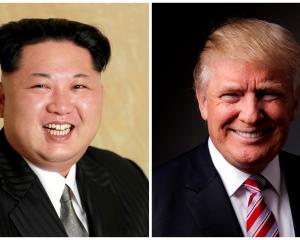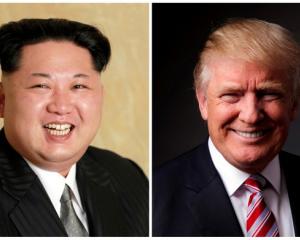Military officers from North and South Korea met today to try to lay the groundwork for high-level defence talks aimed at easing hostilities on the Korean peninsula.
The meeting marked the first official dialogue between the two Koreas since the North's artillery barrage on a front-line South Korean island in November that killed four people. That attack and March's sinking of a South Korean warship blamed on Pyongyang in which 46 sailors were killed plunged inter-Korean ties to one of their lowest levels in decades.
Three colonel-level officers of the two Koreas met today at the border village of Panmunjom to set a date and work out other details for higher-level defence talks aimed at discussing the two attacks last year, according to South Korea's Defence Ministry.
"The fact the two Koreas are meeting in the aftermath of continued military tensions means that hostility on the Korean peninsula could be reduced," said Kim Yong-hyun, a North Korea expert at Seoul's Dongguk University.
It's not clear whether the one-day preliminary meeting will finalise all the details for defence talks that are expected to involve the countries' defence chiefs or general-grade officers. If they were to take place, they would be the first such high-level defence talks between the two Koreas in more than three years.
The talks were arranged amid North Korea's recent push for dialogue after weeks of threatening war. South Korean officials have said the North must use the talks as a chance to take responsibility for the two attacks and change its pattern of raising tensions through provocation, and then seeking negotiations to win badly needed aid.
Pyongyang has expressed its intention to return to stalled six-nation talks on ending its nuclear weapons programme in return for economic aid and other incentives. But South Korea and the US have responded that the North must first exhibit sincerity toward its nuclear disarmament before the talks can resume.
The North's nuclear capability took renewed urgency in November when the country showed a visiting American scientist a uranium enrichment facility that could give it a second way to make atomic bombs. South Korea says the North's uranium enrichment programme is a violation of a past six-nation deal and UN resolutions.
The two Koreas technically remain in a state of war because the 1950-53 Korean War ended with an armistice, not a peace treaty.

